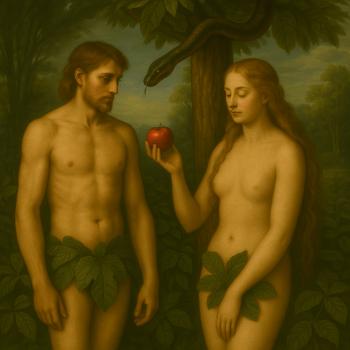Many people are leaving church because of some speculative doctrines, supernatural beliefs, and unkind practices that they found in church. Where are they finding community after leaving church?
Leaving Church
Churches can have some insular and parochial ideas about community. In a paper called “Sense of Community in Churches,” the author emphasized developing the notion of membership:
“Churches should maintain strong boundaries to emphasize who is in and out of the community and what one needs to do to get ‘in’.”
In my opinion, if the purpose of “community” is to delineate “us” from “them” and to establish that “we” are welcome, but “they” are not, then we have missed the whole point.
Sometimes, when people leave church, they are shunned, and they are disappointed that the kind people who welcomed them on their arrival and the unkind people who shunned them on their departure can be the very same people.
One-third of churchgoers experience some religious trauma from emotional, mental, physical, or sexual abuse, and many of them are angry. Many people who seemingly left church feel that, in fact, church left them.
Some people who experience religious trauma report that they have given up on religion. Generally, angry people will not come back (or else, they will come back angry, which is worse.)
Where will people find community after they leave church?

Finding Community
Some people might not feel comfortable in conservative churches, including some gay people, people of color, single people, and women.
Some liberal Christian denominations and some non-Christian religions emphasize community and spiritual practice, rather than belief, and some people who do not feel comfortable in conservative churches might feel more comfortable there.
Unitarian Universalism (UU) has seven principles that are more universal than many creeds or confessions. (For example, the first principle professes “the inherent worth and dignity of every person.”) Unlike most denominations, UU is not shrinking, but it is not growing, either.
Buddhism is not doctrinal, and many view it as a philosophy, rather than a religion. Because one does not have to accept or reject beliefs, there are Buddhists who are also Christians or Jews or Unitarians.
Sunday Assembly is an example of a non-religious or secular community, where people of different beliefs (or no beliefs) can gather to celebrate life with moving stories, passionate speakers, potluck dinners, singalongs, and small group meetings.
There are Facebook groups and online communities where people can meet others who are asking spiritual questions and finding answers. Often, these communities are warm and welcoming, and sometimes, virtual friends become actual friends.
Many people find community in affinity groups (such as book clubs) or service organizations (such as Rotary International.) In addition, there are countless volunteer opportunitiues where can develop relationships outside their normal circles.
Outside the Box
I call myself a follower of Jesus with a Zen practice, but I do not accept many orthodox Christian beliefs. I practice an eclectic spirituality, and I am welcome in numerous and various communities.
For example, I am comfortable attending a Methodist Bible study, participating in a Unity book club, speaking at a UU church meeting, or Zooming with progressive Christians.
Other times, I am comfortable guesting on an atheist podcast, baking in a sweat lodge, chanting to Shiva, or whirling with the dervishes. For me, these are all ways to honor Ultimate Reality, whether Ultimate Reality is personal or not and whether it is supernatural or not.
Ultimately, I am a deeply spiritual person who understands the “Truth with a capital T” that everyone is related and everything is connected and who recognizes the significance of that profound, but simple, reality.
Do I belong exclusively to one community? No, why would I do that? What would I gain? What would I lose?
If you want to stay up to date on the latest from You Might Be Right, simply subscribe with your email.














